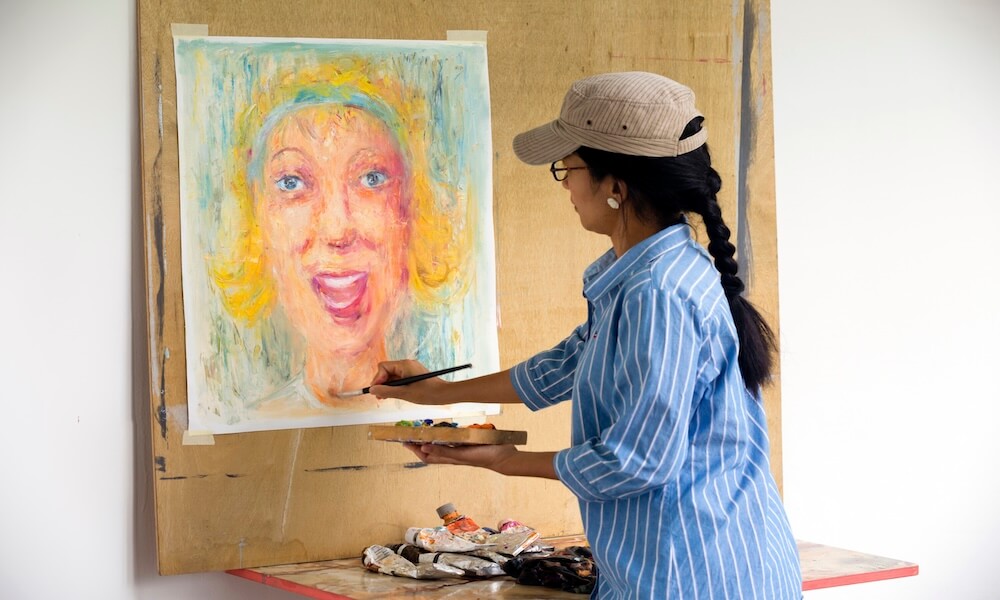‘The Latest Shopping Trend? Not Shopping
Source: CNN
Influencers sometimes push a lifestyle of constantly buying new clothing, high-tech gadgets, or the hottest new cosmetic products. But a growing number of people are becoming disillusioned with what they perceive as pressure to constantly purchase new things. Their solution? Buying less.











